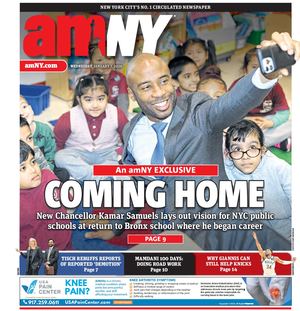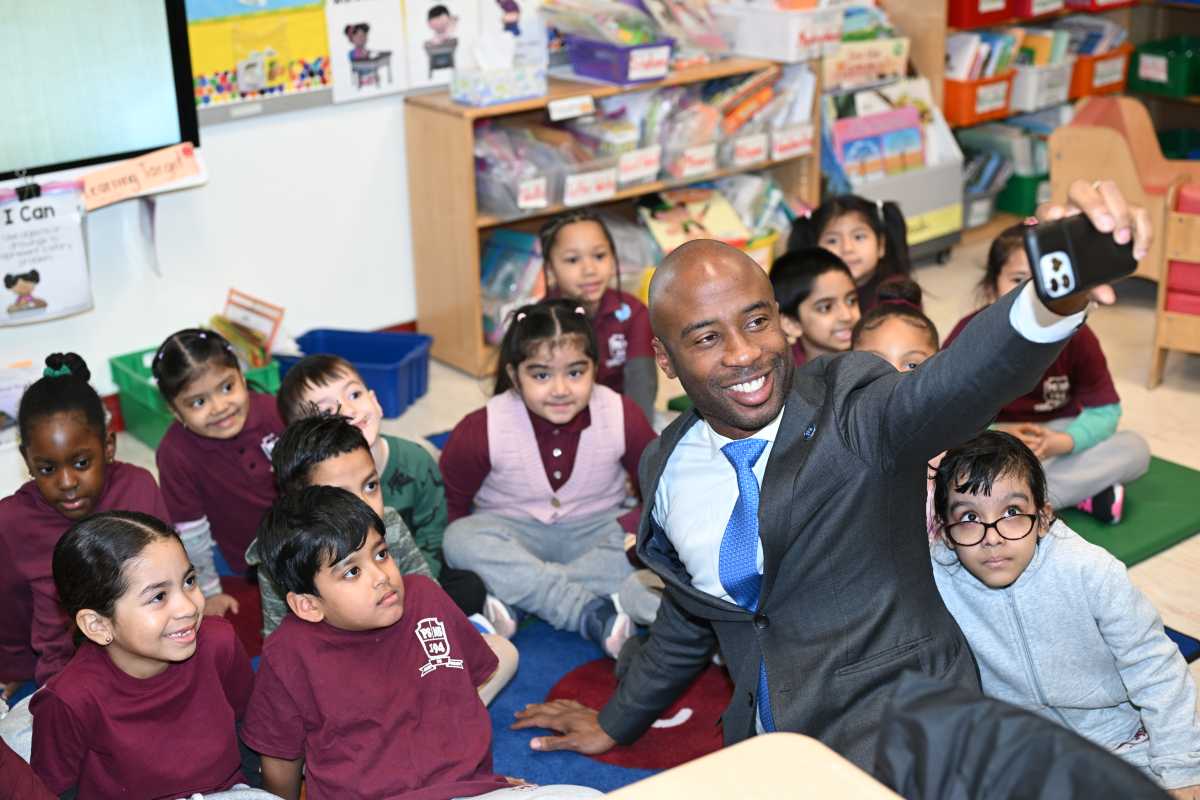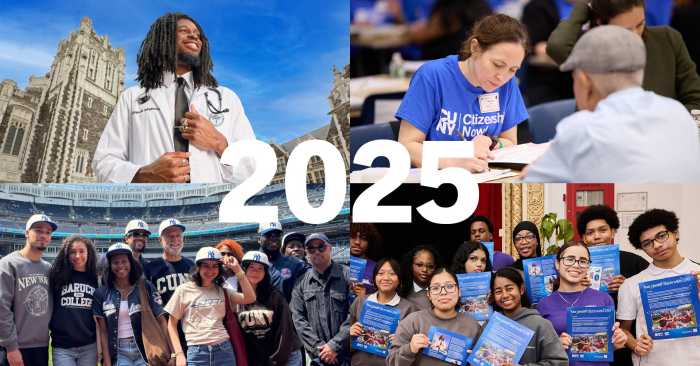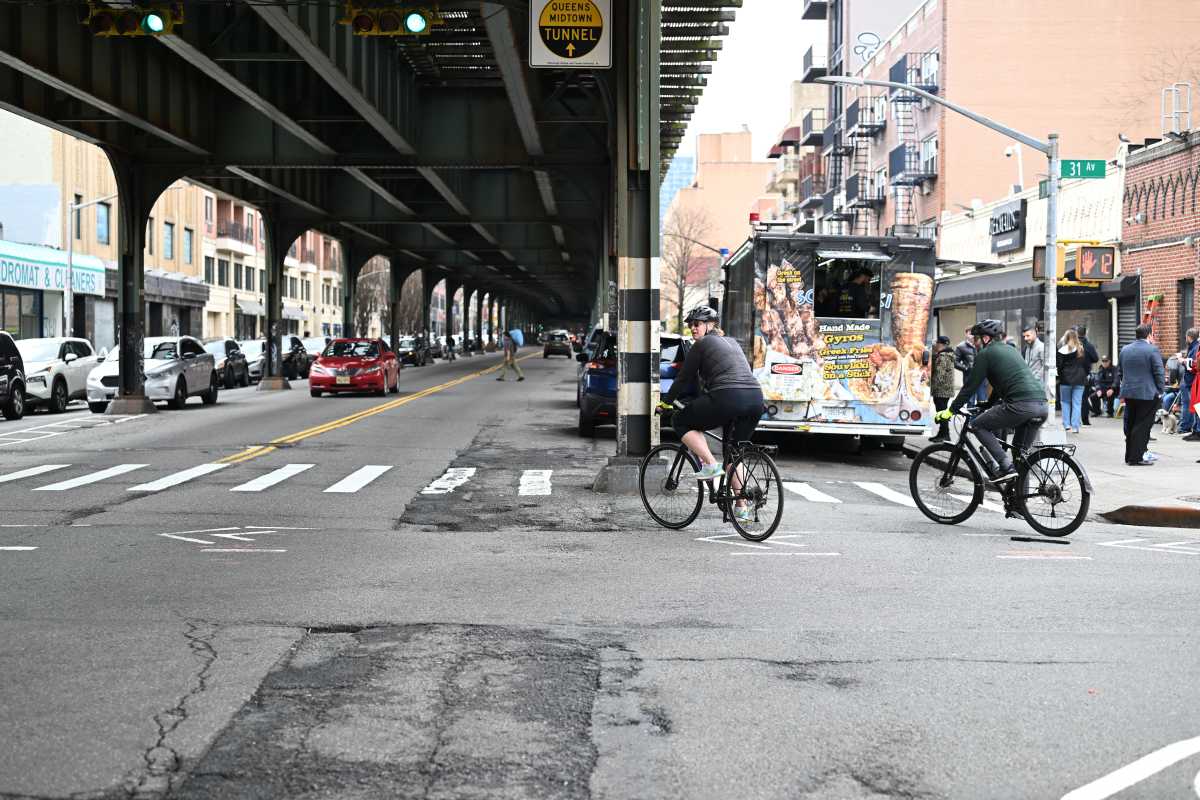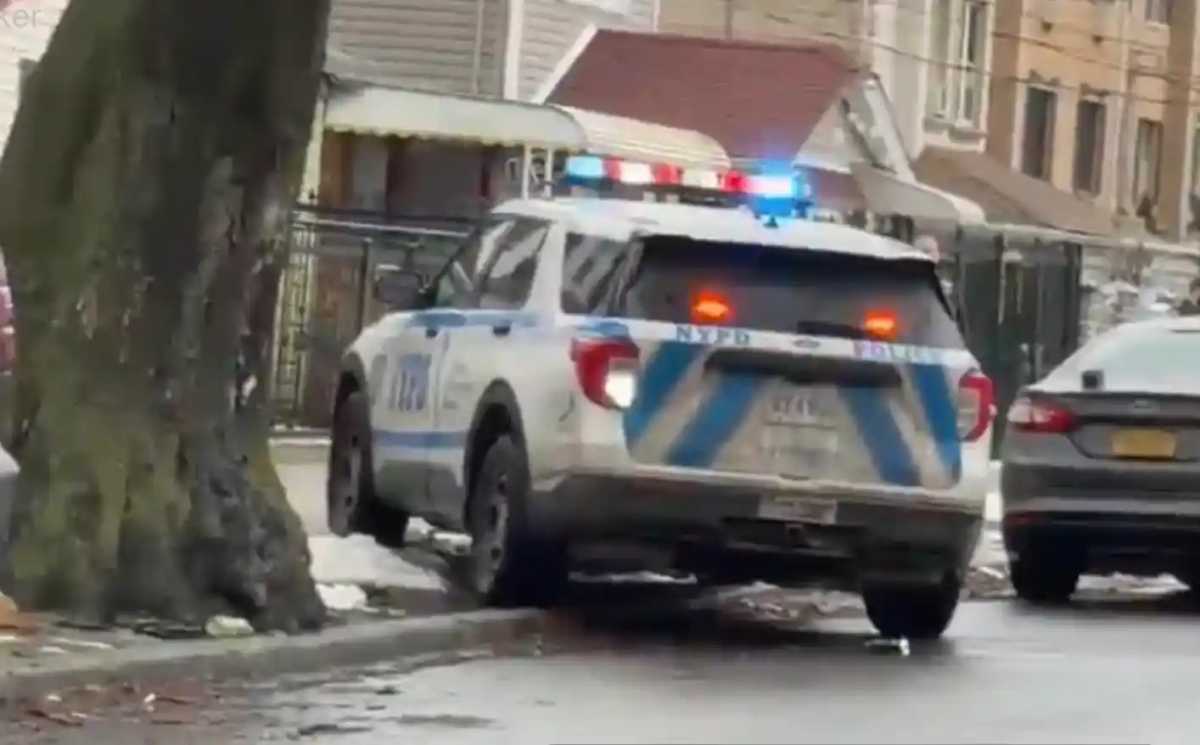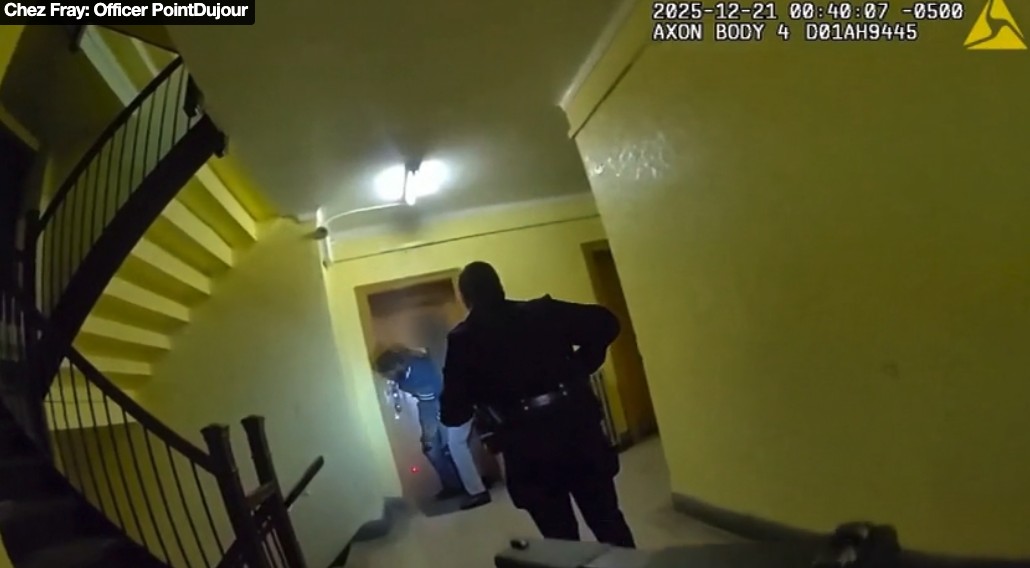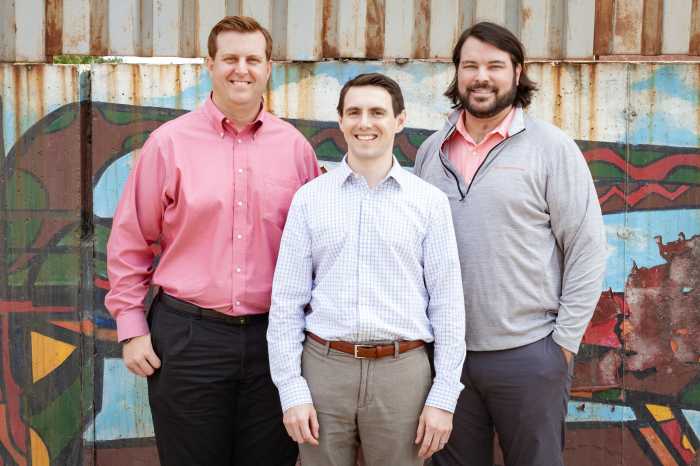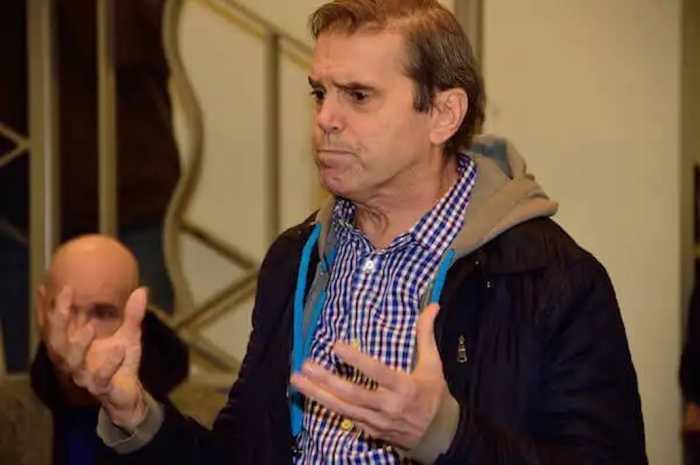The organization responsible for book challenges and leadership change across the country has set its sights on the nation’s largest district.
Moms for Liberty, the conservative parent group flipping school boards and challenging books nationwide, has quietly opened its first chapter in New York City, setting its sights on the country’s largest school system.
Elena Chin, a former school counselor at a Department of Education elementary school in Queens for 23 years, founded the group after feeling increasingly alarmed by COVID closures, LGBTQ+ inclusion, and required diversity and equity workshops which she felt framed staff as “white supremacists.”
“What we hope to accomplish is minimize it before it even starts and is full blown into the schools,” Chin said. “Raise awareness. Get a parent at every school board meeting to watchdog. We can’t normalize this stuff.”
Meeting by Zoom for about six months, the new Queens, New York chapter is following the same agenda as the national organization, hoping to accomplish what some of the 285 other chapters already have: Limit or remove books and content featuring LGBTQ+ identities, racism and sex, which they believe can harm children.
Some education experts were doubtful the New York City chapter will find much support in the overwhelmingly blue metropolis, but acknowledged people objecting to LGBTQ+ inclusion have always been in the city. Other parent groups with similarly conservative ideals have already gained a foothold locally.
Across the country, politically blue and purple areas are most often home to chapters of the roughly 120,000-member Moms for Liberty — making the Queens launch unsurprising to Michigan State researcher Rebecca Jacobsen, who’s been tracking the groups’ presence at school board meetings nationwide.
“Their explicit mission says to represent voices that feel unheard. So in some ways, a really strong liberal location might lead to a small group of parents feeling like they don’t have a voice,” Jacobsen said. “Moms for Liberty has stepped in and said, ‘we’re here to represent you.’ And that’s a powerful feeling.”
Chin was particularly concerned by the use of preferred pronouns, the number of children who told her they were gay, and the fact that she could not tell their parents, according to statewide guidance.
“We’re telling children, you can tell me [you’re gay], and not your parents. That sounds like grooming to me,” Chin said.
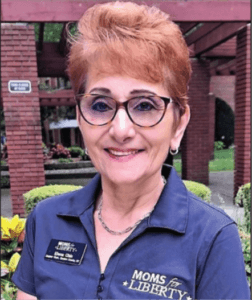
As a term, “grooming” has often been appropriated by conservatives to describe LGBTQ+ inclusion — a trend experts say minimizes real threats of child sexual abuse and vilifies queer people.
Chin believes the number of children claiming they were gay and posters celebrating diversity was a “social contagion” at P.S. 64, for kids she said were just looking for more acceptance or to fit in with friends.
Gender Queer was the only title Chin referenced in an interview with The 74. The memoir, which won two American Library Association awards, the Alex for young readers and the Stonewall for nonfiction, has become a flashpoint around the country for parents and politicians looking to ban school discussions about gender identity.
In setting up the New York chapter, Chin has met roadblocks when attempting to open a bank account and finding a venue for in-person meetings. Two major banks declined her request. Only a third accepted, a smaller, local one which she declined to name.
About 20 adults have “joined the movement” since April, Chin said. Outside of Queens, four members of the new Moms for Liberty chapter are from Brooklyn and one is from the Bronx. Every major racial group is represented.
Yet not all are parents: Many are retirees, grandparents who “can have a voice without fear,” said Chin, who believes more parents with children in the city’s schools are staying away.
“Many people are fearing for their jobs, fearing the association,” she said, “… and they fear retaliation against their kids.”
She is currently searching for a local location to screen an anti-trans documentary. The chapter plans to organize to oppose sex education expansions now being considered in the state legislature. While New York City goes beyond current state requirements to offer sex ed to its middle and high schoolers, the expansion would bring modified lessons to K-6 graders.
The group will also challenge curricula with an “anti-American message,” she said, that might make some children believe they are “victims” and others “oppressors.”
Because the city’s schools are not governed by traditional school boards, where other chapters have exercised power to oust superintendents, the Queens chapter will advocate through media, political connections and gaining membership.
“That’s really my goal. To get people motivated everywhere,” Chin said. “I would love to see a chapter in every borough, minimally.”
Moms for Liberty has been characterized as an anti-government, extremist hate group by the Southern Poverty Law Center, which Chin said is, “not a bad thing at all.”
Even after the characterization, more members have joined nationally, Chin claimed. “So just twirl away,” she said. A spokesperson for Moms for Liberty’s national arm confirmed the group “saw a bump in membership and chapter openings,” after the SPLC’s hate group distinction in June 2023.
Maya Henson Carey, a research analyst with SPLC, said the organization’s rhetoric and work disproportionately hurts Black, brown and LGBTQ+ students, already some of the nation’s most vulnerable student populations.
“By taking out books and parts of history that reflect who they are, they’re really seeking to erase their identities from public spaces and the classroom,” Henson Carey said.
Though about 76% of New York City voted for President Joe Biden in the last election, pockets of conservatism have always thrived, particularly in parts of Queens, Staten Island and southern Brooklyn. It’s those pockets where Chin has already found support.
But some experts doubt the group’s conservative agenda will find much of a home in the city at large.
“When they get into the issue of book banning and attitudes towards gay and trans people, it’ll resonate with some folks, but I think the outcry against them will be very strong,” said Joseph Viteritti, public policy and education scholar at Hunter College.
“If they’re going to lead with that kind of stuff, they’re going to realize very soon that we’re not Florida here,” added Viteritti, who served as a senior advisor to schools chiefs in New York City, Boston and San Francisco.
Yet already this year, parents of all races preferring more conservative education policies have made waves in the city, including in lower Manhattan’s prominent District 2, a historically liberal block of neighborhoods.
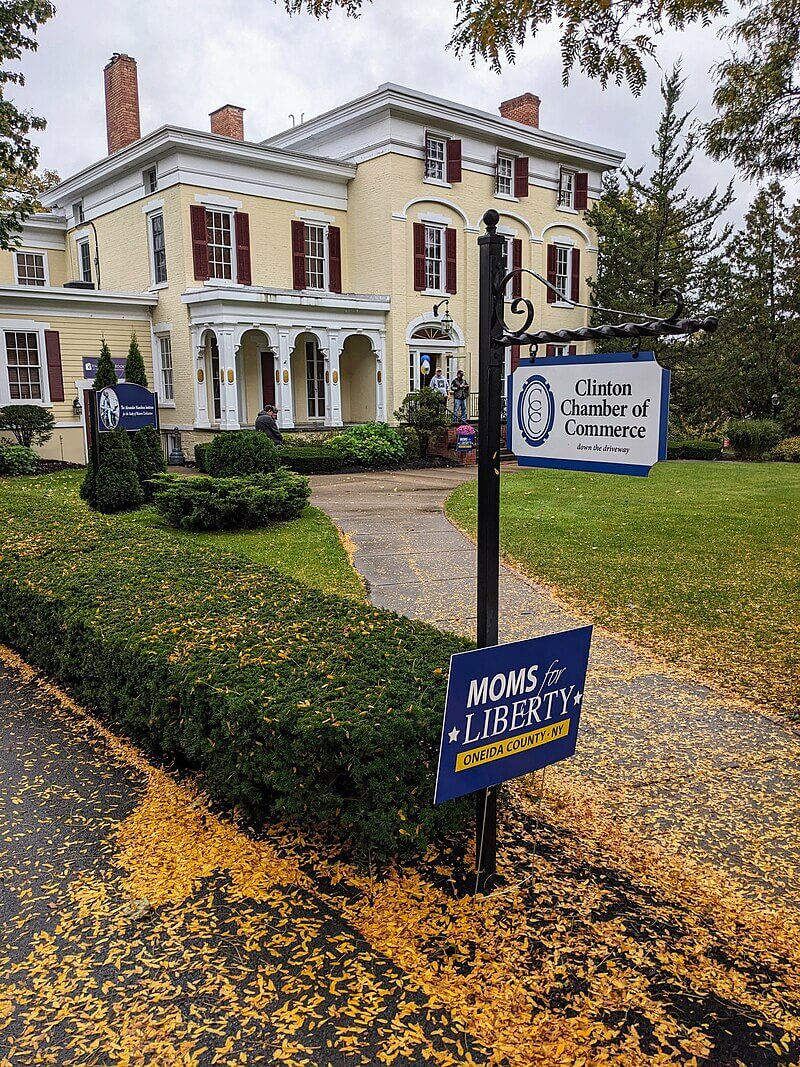
Via community education councils, advisory groups with a direct line to the Chancellor, conservative parent advocates have found more power — 40% of candidates endorsed by Parent Leaders for Accelerated Curriculum and Education were elected this cycle. Only 2% of public school parents voted in the election, according to The City.
PLACE, while not affiliated with the Queens Moms for Liberty chapter, shares some similar values. Particularly in wanting to preserve and expand merit-based admissions policies to the city’s most coveted schools — a practice research suggests reinforces racial imbalances.
“I know that the things [Moms for Liberty] are talking about are things that I hear parents here in New York talking about all the time,” said Maud Maron, co-president of PLACE and community education council member in lower Manhattan’s District 2.
In a dramatic reversal, the district, where seven of 10 community council members were PLACE-endorsed, has just announced it will now screen middle schoolers for honors programs.
Parents often say, ‘I’m 100% there, I just can’t tweet under my own name,’ or ‘I just can’t say it, because of work ramifications,’ Maron said.
For scholars who track Moms for Liberty’s work, despite hesitance or fear parents may feel in aligning with the organization, it’s clear small networks of parents are effective and organized at making their voices heard, sharing strategies via social media from coast to coast.
As a result, New Yorkers may soon see the same language and challenges levied in Florida once the Queens chapter begins to act on its agenda.
“We would have thought, wow, those are really different,” Jacobsen said, referencing the Queens launch and other regions that would have seemed unlikely.
“… That’s really what’s different today,” she said, “the ability to very quickly move the same message to really disparate places.”
